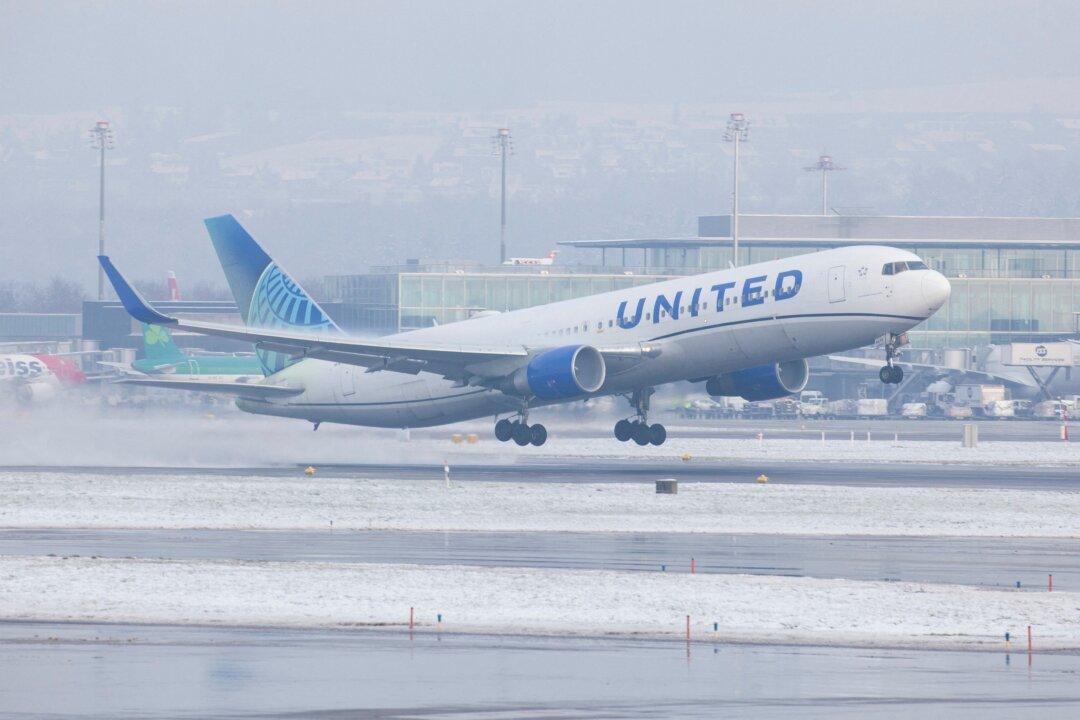CHICAGO—United Airlines Holdings Inc. on Wednesday said macroeconomic risks have increased following turmoil in the banking industry last month that led to a sharp, brief drop in business travel demand.
CEO Scott Kirby said while the company “feels good” about its full-year profit outlook, it stands ready to act if the economy softens further.





